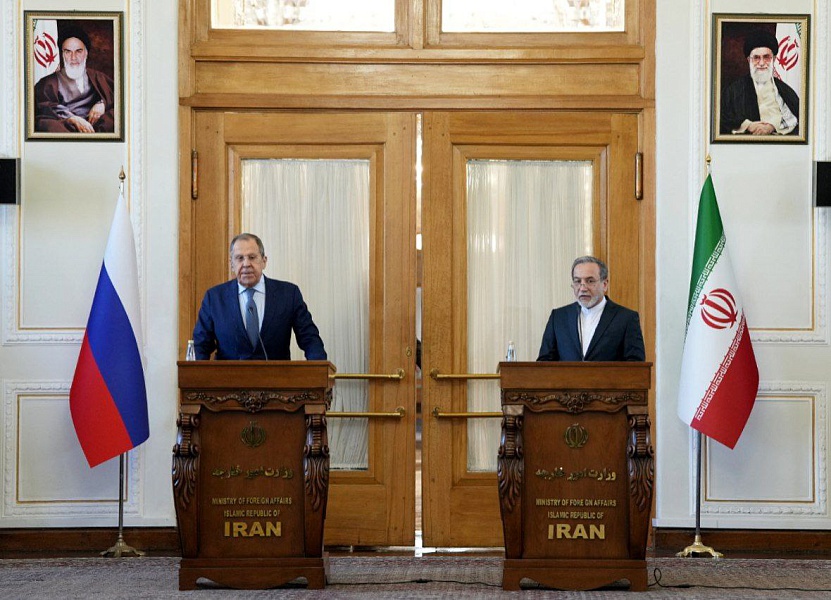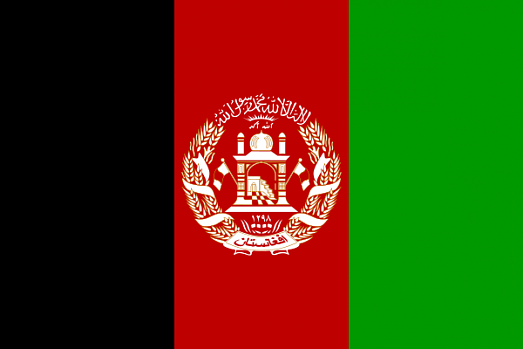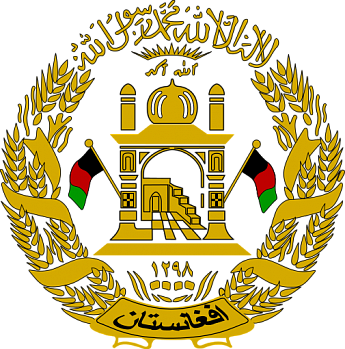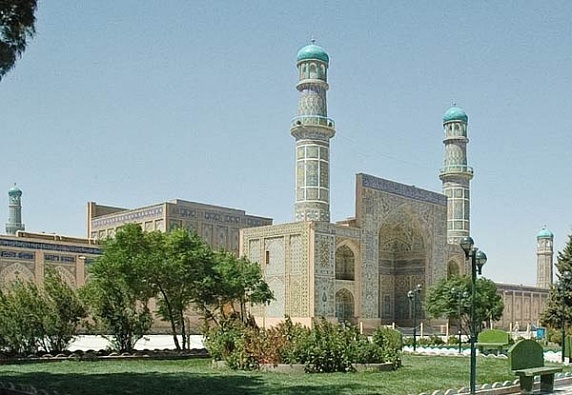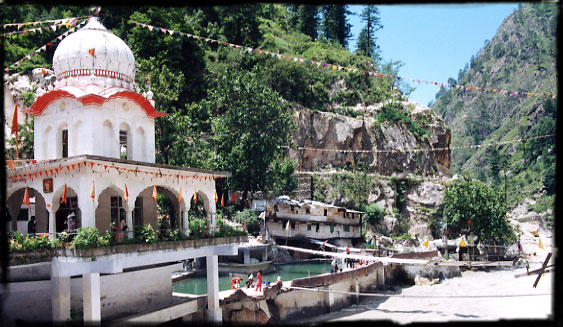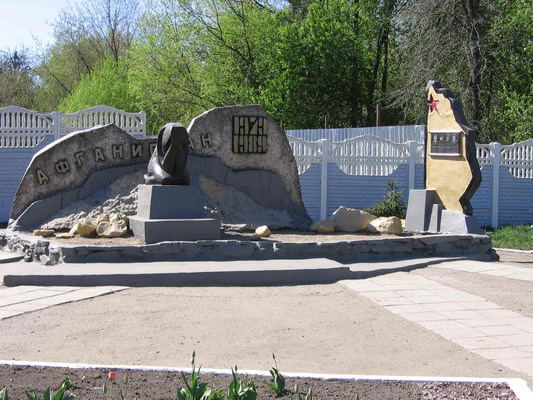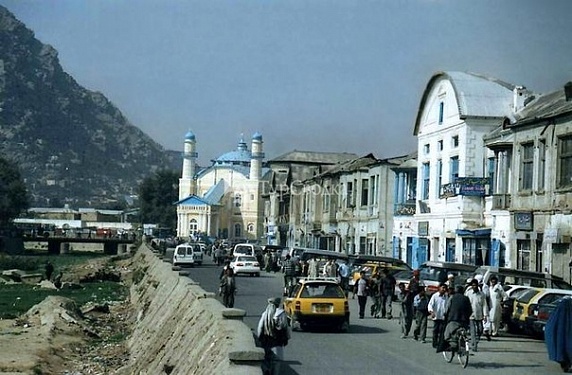 Афганистан
Афганистан
Foreign Minister Sergey Lavrov’s statement following talks with Minister of Foreign Affairs of the Islamic Republic of Iran Abbas Araghchi, Tehran, February 25, 2025
Ladies and Gentlemen,
Today, I engaged in comprehensive, productive, and substantive discussions with my colleague, Minister of Foreign Affairs of the Islamic Republic of Iran Abbas Araghchi.
We acknowledged the outstanding level of political dialogue between our two nations. Last year, our Presidents convened on two occasions: on October 11, 2024, at the International Forum Interconnection of Times and Civilisations in Turkmenistan, and on October 23, 2024, at the BRICS Summit in Kazan.
On September 30, 2024, Russian Prime Minister Mikhail Mishustin visited Tehran, where he was received by President of Iran Masoud Pezeshkian.
In January of this year, during the summit in Moscow, the Presidents of the Russian Federation and the Islamic Republic of Iran signed a historic Treaty on Comprehensive Strategic Partnership. This document delineates ambitious goals for the advancement of our relations across all sectors, encompassing both bilateral cooperation and the coordination of our actions on the global stage.
On February 17 and 18, Tehran hosted the 3rd Caspian Economic Forum, which was a success. We extend our congratulations to our Iranian friends on this accomplishment.
We anticipate that the dates for the meeting of the Intergovernmental Commission on Trade and Economic Cooperation will be established in the forthcoming months. Interactions persist within a multilateral framework, particularly concerning Iran’s acquisition of observer status in the EAEU. We eagerly await the enactment of the intergovernmental Free Trade Agreement between the Eurasian Economic Union and its member states, on the one hand, and the Islamic Republic of Iran, on the other. This agreement will enhance trade across our shared domain with our Iranian partners. Despite the well-known illegal sanction restrictions, our trade exhibits positive dynamics. In 2024, trade increased by more than 13 percent, and there is every indication that this trajectory will persist.
We are pleased to note that the Iranian authorities are making all the necessary preparations for the construction of the Rasht-Astara railway line. We expect that the work will begin shortly, made possible through a Russian export credit. The Rasht-Astara segment is a crucial advancement, serving as an essential element for the full operability of the International North-South Transport Corridor.
We deliberated on cooperation in the areas of cultural exchanges, as well as humanitarian and educational endeavours. We are assured that the upcoming reciprocal Days of Russian Culture in Iran this June will be embraced enthusiastically by the people of the Islamic Republic and will offer them substantial enjoyment.
We addressed regional and international issues. Russia and Iran advocate for the resolution of any crises and conflicts solely on the basis of the United Nations Charter, with particular emphasis on the principle of sovereign equality of states, along with all other principles in their full context and interconnectedness. We underscored the inadmissibility of unilateral economic sanctions. In this vein, we will continue substantive and focused efforts to mitigate the adverse effects of these unlawful restrictions on the economies of Russia and Iran.
We concurred on specific areas for further coordination of our actions within the United Nations. We resolved to enhance collaboration through the SCO and BRICS, where the Islamic Republic of Iran is now a full-fledged member.
We have discussed at length the developments around the Joint Comprehensive Plan of Action. We remain convinced that the diplomatic resource is still there and should not be left unused. Instead, it should be engaged as effectively as possible and no threats or allusions to forceful solutions should be made. We are committed to continuing the search for acceptable solutions to the situation at hand which was created by our Western colleagues, not Iran.
We exchanged views on the military-political and humanitarian situation in Syria and confirmed our shared commitment to further harmonising our approaches to ensure lasting peace and stability in that country with the involvement of all political, ethnic and confessional forces without exception.
Making the stabilisation processes in Syria inclusive is critically important. We will await the outcome of the Syrian National Congress, which opened today. It will be used to discuss the objectives facing the Syrian state going forward. Things are not simple. Differences are still there, including differences that occasionally spark hostilities. We will do our best to bring down tensions and remove threats to the Syrian people, whose future is extremely important to us and the peoples from neighbouring countries.
In this context, Syria’s territorial integrity is critically important. Instigating separatism in isolated regions of that country, which we witnessed in recent years, is absolutely unacceptable and is extremely dangerous.
We have compared notes on other important regional issues, primarily all angles going into the Middle East settlement. The situation in the Palestinian territories - Gaza Strip and the West Bank of the Jordan River - is a cause of major concern.
All the problems concerning violated sovereignty of the Lebanese Republic have not been resolved. Without a doubt, the international community needs to keep a close eye on the situation in Syria. Attempts to provide external support for the inner processes unfolding in that country without the involvement of important players such as Russia, Iran, and China will hardly help bring the nation together, but will rather cause a rift in that country which is precisely what we observed in recent years in the wake of the Arab Spring.
We are convinced that problems in the Middle East, just like in any other part of the world, must be addressed on the basis of the UN Security Council resolutions on the Palestinian-Israeli settlement, Syria, and Lebanon.
We addressed cooperation within the Caspian Big Five. We mentioned the success of the economic forum held in Iran in January and discussed our relations with Afghanistan, with which we cooperate in a variety of formats, including the Moscow Format and a meeting between the countries neighbouring Afghanistan and the Big Four that includes China, Iran, Russia, and Pakistan.
We touched upon the situation in and around Ukraine. I expressed gratitude to our Iranian colleagues for their balanced position that relies on understanding the root causes of the Ukraine crisis and related Russia’s concerns, primarily, ensuring our security and protection of the legitimate rights of the people who were branded as terrorists by the regime that grabbed power on the heels of the 2014 coup and whose rights, primarily, the right to the native language and their religion, were annihilated by the power of law.
I shared our assessments of the most recent contacts we had with our US colleagues to discuss this issue, among others. Importantly, yesterday’s events at the General Assembly and the UN Security Council revealed one important thing. The understanding that there’s no alternative to an approach that prioritises eliminating the root causes of the Ukraine crisis is making, albeit slowly, its way through. We will do our best to reinforce this trend.
I would like to close by once again expressing satisfaction with today’s talks and thanking my Iranian counterpart and his team for cooperation and hospitality.

